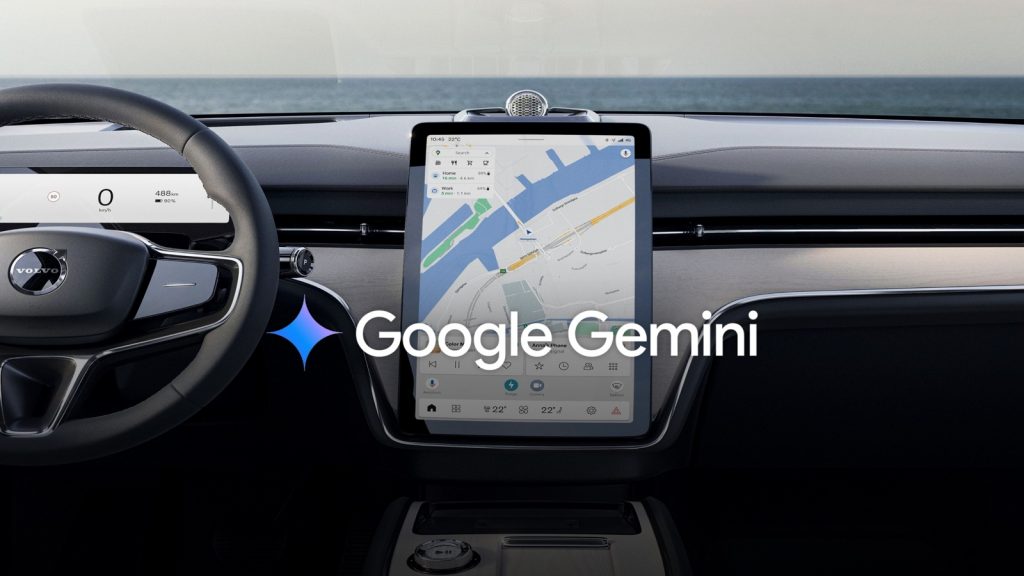Gemini will soon enhance the in-cabin infotainment experience for Volvo owners, thanks to a new agreement with Google.
Volvo was an early pioneer of portrait view tablet-style infotainment screens and UX design. When the second-gen XC90 launched a decade ago, its portrait-oriented infotainment screen, clear UX design and intuitive menu navigation were significantly better than most Audi, BMW, and Mercedes-Benz infotainment systems.
No ad to show here.
Human-centric design has been a powerful theme for Volvo. From its obsession with structural safety and active collision avoidance tech, to creating some of the most comfortable in-cabin experiences. With seats that reduce travel fatigue and infotainment integration that enables, rather than frustrating.
Partnering with purpose
AI has created huge expectations for all industries, and for automakers, managing the needs of drivers and passengers with advanced features is a significant challenge.
Android Auto integration is an expectation, not an option, for most Volvo buyers or any luxury car customer. But how do the power and programming needs of Google’s Gemini AI, influence infotainment and in-car experiences? AI is notoriously power-hungry and managing its need for power and programming resources without decaying other in-car features is the primary integration challenge.
Volvo’s engineering team has been working to build on the example it demonstrated at Google I/O 2025, with an AI-enabled EX90. The largest of Volvo’s luxury cars serves as a reference hardware platform for Android Auto development, allowing Volvo to collaborate, iterate, and ensure that its customers have the best access to comprehensive Google in-car features as soon as they are released to market.
Gemini goes beyond
Google will launch the automotive Gemini application this year, replacing its current assistant. The update to an AI-powered in-car Google experience promises to reduce frustration with conversational prompts. Creating a system that has better comprehension, execution and tasking intuition than current voice-prompted digital assistants, which have underperformed market expectations.
In principle, the idea of bringing better AI onboard Volvos is to allow drivers to be less task-saturated when using digital features. Keeping their vision and primary cognition focused on the environment outside the vehicle, instead of glancing down at a screen surface for reference.
Gemini will replace the current Google Assistant in Volvo cars with Google built-in later this year.
